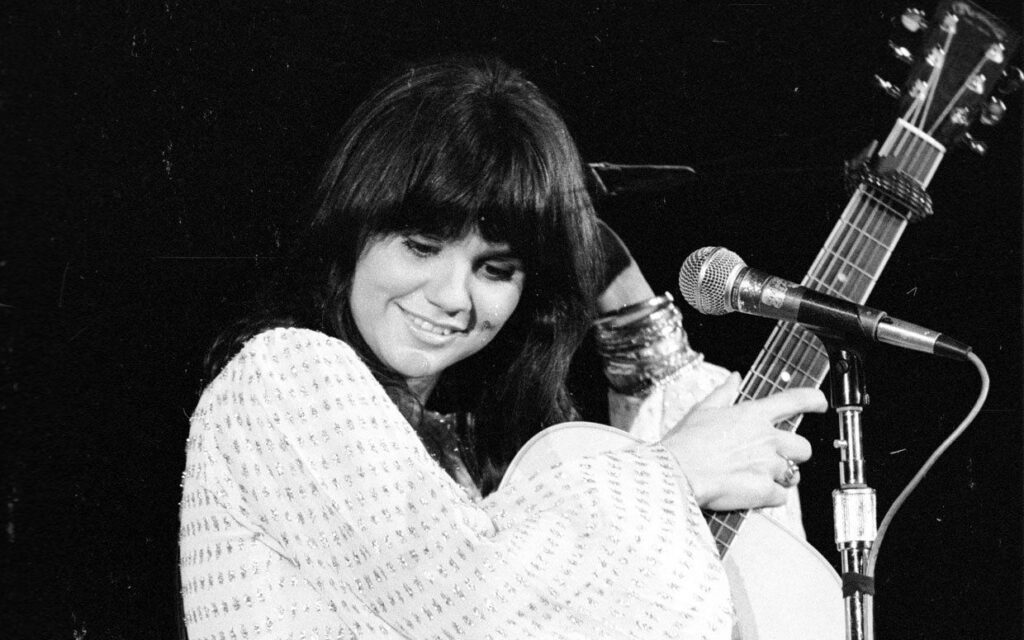
When Love’s Echo Becomes a Cry: A Masterclass in Emotional Vulnerability
In 1980, Linda Ronstadt’s haunting rendition of “Hurt So Bad” climbed to No. 8 on the Billboard Hot 100, reaffirming her uncanny ability to reinterpret others’ compositions with searing emotional precision. The track was featured on her album Mad Love, a daring foray into new wave and harder-edged rock textures that marked a departure from her earlier folk-rock and country stylings. Yet amid that sonic experimentation, “Hurt So Bad” stood as a poignant anchor—an unabashedly tender ballad that revealed the raw ache beneath the album’s tougher exterior.
Originally written by Teddy Randazzo, Bobby Weinstein, and Bobby Hart, and first made famous by Little Anthony and the Imperials in 1965, “Hurt So Bad” is no stranger to interpretation. But in Ronstadt’s hands, the song transforms from a simple plea into something infinitely more harrowing—a confessional drenched in heartbreak. Her version doesn’t just recall love lost; it wrestles with its ghost in real time, each note trembling with unspoken regret.
Ronstadt’s vocal performance here is nothing short of devastating. She begins restrained, almost trembling, as if the memories themselves are too jagged to touch directly. But as the chorus swells, so does her voice—rising with operatic force, cracking at its zenith like porcelain under pressure. It is this juxtaposition—delicate phrasing against volcanic outpour—that defines not only this song but Ronstadt herself as an interpreter of emotional truth.
The arrangement, produced by Peter Asher, is spare yet potent. Anchored by a slow-burning rhythm section and soaring string flourishes, the production allows space for every quiver in Ronstadt’s voice to resonate fully. Unlike the more doo-wop-inflected original or even The Lettermen’s lush harmonies in their 1969 cover, Ronstadt strips away sentimentality in favor of something more visceral—an interior monologue laid bare for all to hear.
Lyrically, “Hurt So Bad” is direct to the point of agony: “It hurt so bad / You’re the best man I ever had.” There’s no poetic obfuscation here—just raw confrontation with pain that refuses to fade. The simplicity of these lines belies their emotional depth; it’s not the eloquence of language but the intensity of feeling that drives them home.
In many ways, Ronstadt’s version arrived at a crossroads in both her career and pop music itself. The early ’80s saw a shift toward synth-driven sonics and stylized detachment. Yet here she was—delivering an unflinching ballad about vulnerability in its purest form. It served as both an homage to classic songwriting and a challenge to contemporary trends: emotion, when rendered honestly, never goes out of style.
“Hurt So Bad” endures not merely because of its melodic strengths or chart success but because it speaks to a universal human condition—the irreconcilable ache of loving someone who has ceased to love you back. In Ronstadt’s rendering, this isn’t just remembered pain; it is pain lived anew with every listen. And therein lies its tragic brilliance.